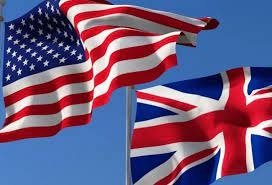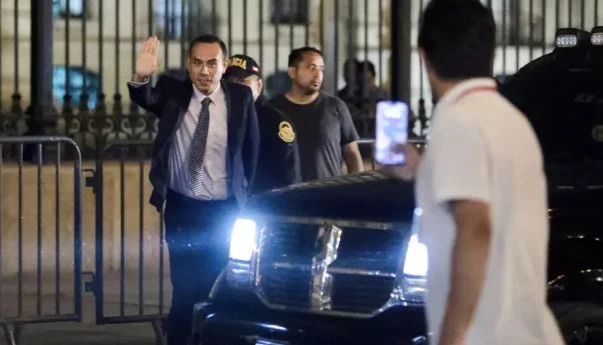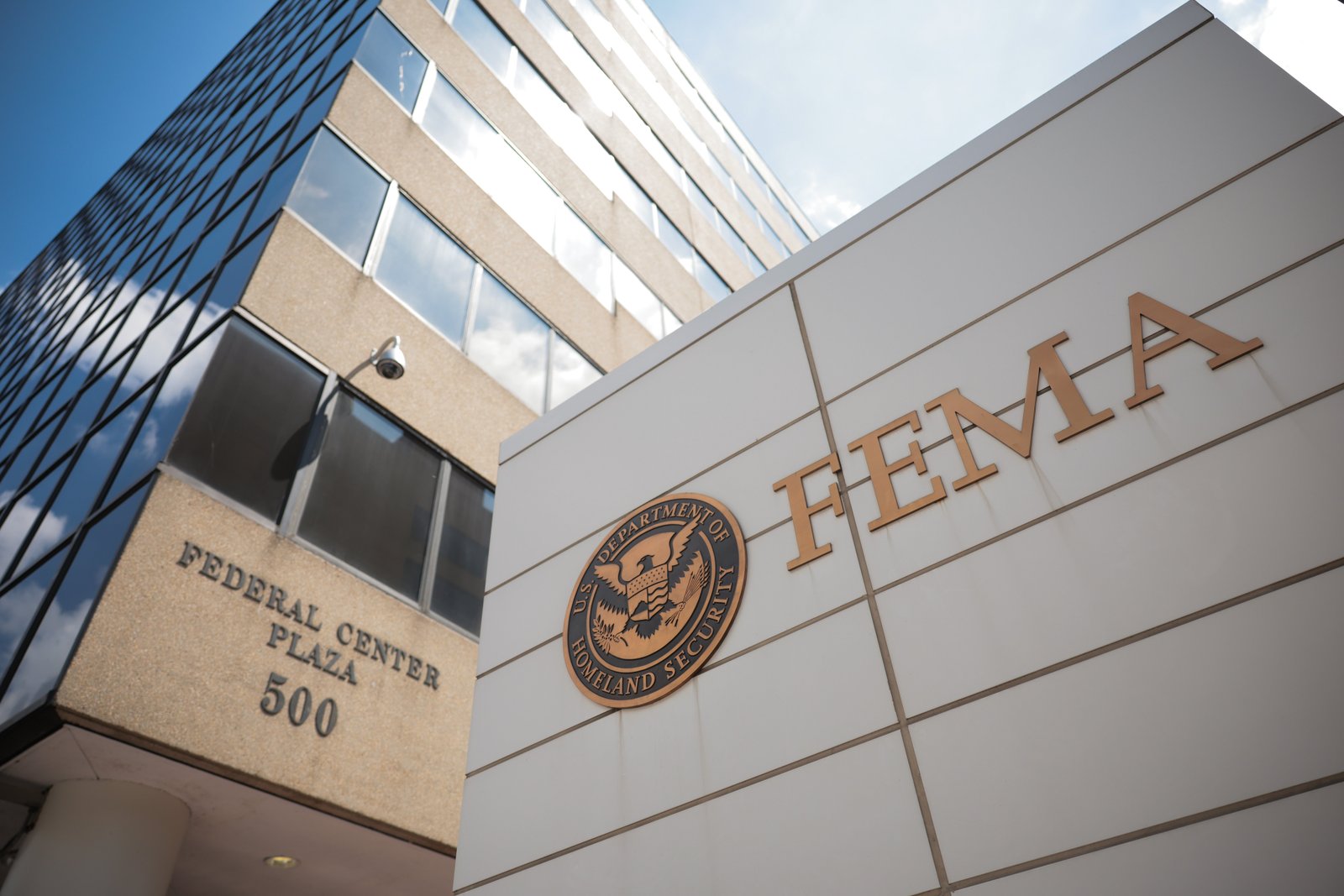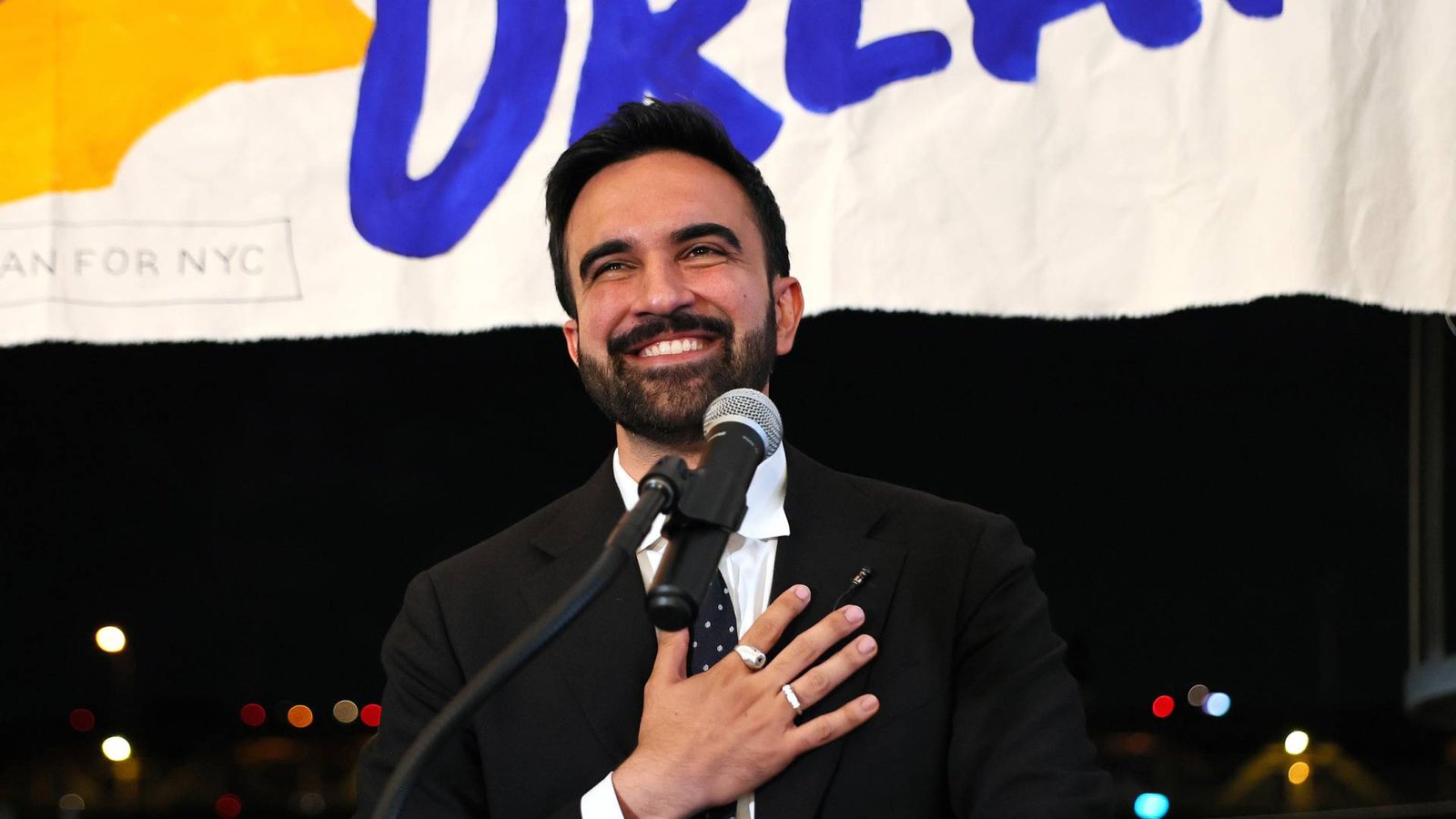The United Kingdom has rolled out 100 new sanctions against Russia, focusing on revenues and military supplies. The measures, announced by Foreign Secretary Yvette Cooper during her visit to Kyiv, target Russia’s so-called shadow fleet of oil tankers and companies providing vital equipment for its war effort.
The sanctions come as Moscow escalates its assault on Ukraine. In the largest air attack of the war so far, Russian forces launched more than 800 missiles and drones in one night. Strikes in recent weeks have damaged Ukraine’s cabinet of ministers’ offices, as well as buildings linked to the British Council and the European Union in Kyiv. Polish officials also confirmed a violation of NATO airspace during the barrage.
According to Ukrainian officials, Russia fired around 6,500 missiles and drones in July alone, a tenfold increase compared with last year. The surge highlights how Moscow continues to expand its war machine despite international pressure.
On Friday, the UK added 70 ships to its sanctions list, all part of Russia’s shadow fleet transporting oil in violation of global restrictions. In addition, 30 companies and individuals accused of supporting the Russian war effort were targeted. These include firms that supply electronics, chemicals, and explosives used in missile production and other weapons systems.
Among those named were the China-based Shenzhen Blue Hat International Trade Co and its Russian co-owners, Elena Malitckaia and Alexey Malitskiy. A Turkey-based firm, MastelMakina İthalat İhracat Limited Şirketi, along with its chief executive, Shanlik Shukurov, an Azerbaijani national, were also sanctioned for providing key materials.
Cooper, who became foreign secretary after a recent cabinet reshuffle, said the UK remains committed to backing Ukraine. “The UK will not stand idly by as Putin continues his barbaric invasion,” she said. “This week he recklessly sent drones into NATO airspace, showing his disregard for sovereignty. The security of NATO and Ukraine are crucial to the UK’s security and are central to the prime minister’s plan for change.”
She emphasized that sanctions are part of a wider international strategy to cut off the financial networks sustaining Moscow’s aggression. “International action to increase economic pressure on Russia and to cut off critical cashflows which he desperately needs to pay for this illegal war is vital. These sanctions form the next stage in the UK’s leading efforts to ramp up economic pressure alongside our security support and our work alongside the coalition of the willing for a just and lasting peace in Ukraine.”
The latest move reflects London’s effort to expand the pressure on Russia by targeting not only direct military supplies but also its global trading networks. Western officials say Russia’s shadow fleet has become a key tool in moving oil despite price caps and restrictions, helping Moscow earn billions to fund its war.
Experts believe the sanctions may tighten the space for Russia’s trading partners. By naming companies in China and Turkey, the UK is signaling its readiness to pursue networks beyond Russia’s borders. Both countries have faced scrutiny over their trade ties with Moscow since the war began.
Britain has been among the strongest backers of Ukraine in both military and diplomatic terms. The government has supplied advanced weapons, training, and humanitarian aid, while also leading international coordination on sanctions.
The new measures add to thousands already in place against Russian banks, oligarchs, and defense industries. Officials argue that sustained economic pressure, combined with security support, will weaken Moscow’s ability to continue the war.
As the conflict enters its third year, the pressure on Western allies to respond to Russia’s intensified attacks is growing. The UK’s latest sanctions are designed to show that while the Kremlin escalates on the battlefield, its economic lifelines are shrinking.







